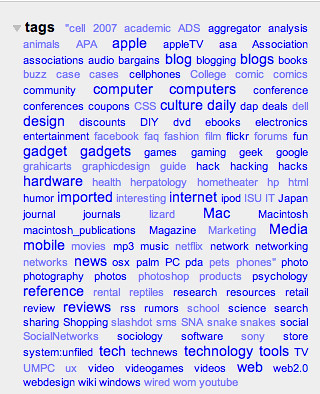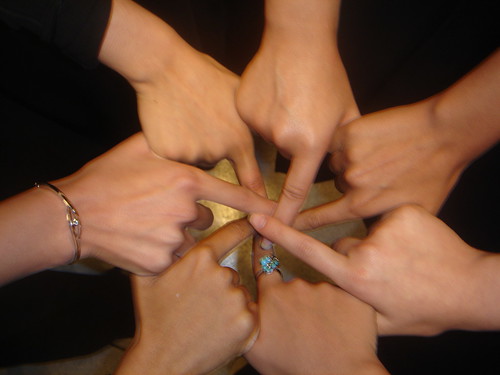 Every class is a surprise!!!How often have we written in our posts that the web is huge?!
Every class is a surprise!!!How often have we written in our posts that the web is huge?! Now we are learning how to expoit it efficiently.
This week we got to know with feeds aggregators, in particular bloglines.
I had never heard about aggreagtors and once again it's a revolution for me!
As Steven Bell wrote "news Aggregators:
1. Requires Little Time to Learn
2. Available at No Cost to Faculty
3. Improves Productivity and Efficiency (time on task)
4. The Procedure Itself is Simple and Requires No Real Technology Skill" (taken from http://staff.philau.edu/BellS/rss.htm#one)
We cannot but agree with him!!
Bloglines is an aggregator and collects websites of your interest. However, the most useful aspect is that it informs you when the websites you chose are updated. This is the special feature of aggregators, otherwise there would be no difference between them and bookmarks ;-)
Instead of visiting each single website, you enter your page on bloglines and all you want to know about is there. You feel like the Big Brother! Just one click and you can read and see all the updates in one single page. This is amazing, especially for those websites where information are updates regularly, i.e. newspaper on-line, blogs and the like.
However, there are still many website that don't use RSS feeds (I wanted to add "Die Zeit" and "Der Spiegel" to my "News from the world" playlist, but I couldn't), so I thought that this might be a rather new way of surfing the net!? I hope everybody in the future will know about aggregators, RSS because it is really conveniece. I recommend it to everybody!!
I'm not a computer expert and I'm really glad I'm learning all these "little" tips and tricks because we all know technology is extremely important. However, you have to learn how to exploit it properly if you want to take advantage from it. Every time I find out something new I realize that I'm using my skills and time more efficaciously and consciously. I'm learning how to find and filter sources more easily.









